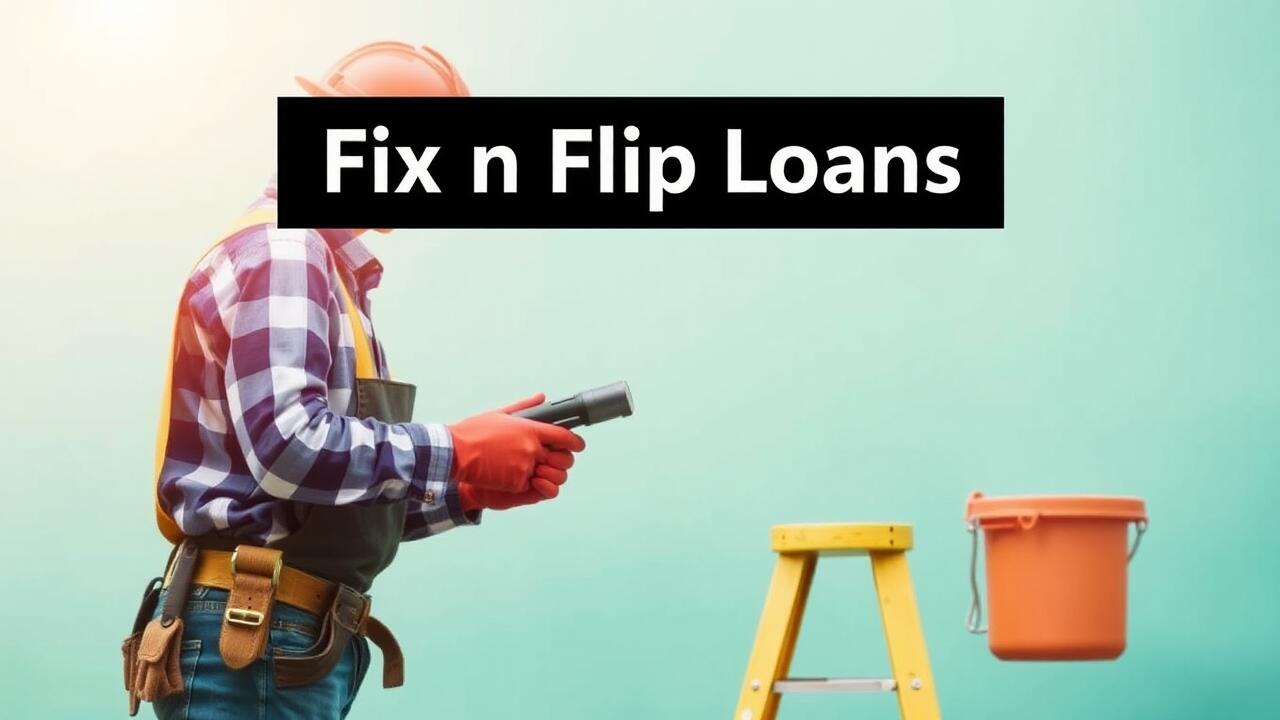
Table Of Contents
How to Improve Your Credit Score
Improving your credit score is essential if you plan on applying for Fix n Flip Loans. One key strategy is to ensure that you pay your bills on time. Late payments can significantly lower your score and impact your chances of securing financing. It's also beneficial to check your credit report for inaccuracies. Disputing erroneous entries can help raise your score, making you a more attractive candidate for lenders.
Another effective approach is to reduce your credit utilization ratio. This involves keeping your credit card balances low relative to your total available credit. Aim for a utilization rate below 30 percent. Additionally, consider avoiding new credit inquiries shortly before applying for Fix n Flip Loans. Each hard inquiry can temporarily lower your credit score, which may hinder your ability to obtain favorable loan terms.
Effective Strategies for Boosting Your Score
Improving your credit score can significantly enhance your chances of securing Fix n Flip Loans. Start by reviewing your credit report for errors. Dispute any inaccuracies to boost your score instantly. Additionally, maintaining a low credit utilization ratio is crucial. Aim to keep your credit card balances below 30% of your total credit limit to show lenders responsible credit management.
Another effective strategy involves consistently making payments on time. Set up reminders or automatic payments to ensure you never miss a due date. Diversifying your credit mix is also beneficial. If you have primarily revolving credit, consider adding an installment loan, as this can contribute to a healthier credit profile. These steps can collectively help you position yourself favorably when applying for Fix n Flip Loans.
Types of Lenders Offering Fix and Flip Loans
When considering options for financing a fix and flip project, various types of lenders offer fix n flip loans tailored to the unique needs of real estate investors. Traditional banks often have strict criteria for lending and may require higher credit scores. However, their rates can be competitive for borrowers who qualify. Credit unions might also provide these loans, frequently featuring lower interest rates and terms that cater specifically to their members, making them a suitable choice for many.
Private lenders present another viable option for fix n flip loans. These lenders typically focus less on credit scores and more on the potential profitability of the project. Their flexible terms and quicker approval processes can be advantageous for investors looking to seize timely opportunities. Comparing these different lender types ensures that investors select the best financing option that aligns with their financial situation and project goals.
Comparing Banks, Credit Unions, and Private Lenders
When seeking Fix n Flip Loans, understanding the distinctions between banks, credit unions, and private lenders is essential. Banks tend to offer lower interest rates but often have stricter credit requirements. Their lengthy approval processes can be a barrier, especially for those looking to act quickly in competitive real estate markets. Credit unions, while more flexible, may also impose limitations based on membership eligibility. They typically offer competitive rates and may be willing to consider a wider range of borrower profiles.
Private lenders are another option for those pursuing Fix n Flip Loans. They generally prioritize the property’s potential value over the borrower’s credit score, providing a faster approval process. This can be especially advantageous for investors who need quick access to funds to capitalize on opportunities. However, it is important to note that private lenders often charge higher interest rates and fees, reflecting the increased risk they assume by lending to individuals with varied credit histories. Each type of lender presents unique advantages and challenges, making it crucial for borrowers to carefully evaluate their options.
Alternative Financing Options
For those who may not qualify for traditional financing, alternative options can be a viable path to securing the funds needed for a fix and flip project. Fix n flip loans often cater specifically to real estate investors looking to renovate and quickly sell properties. These loans typically focus more on the property's potential value and less on the borrower's personal credit history, making them accessible for many who may have faced challenges with conventional loans.
Investors can explore various sources of alternative financing such as hard money lenders, private investors, and crowdfunding platforms. Hard money lenders usually offer quick approval processes and flexible terms, ideal for those needing immediate capital. Crowdfunding allows multiple investors to pool resources for a single project, providing an avenue for raising money without going through banks or credit unions. Both options can greatly assist those aiming to capitalize on the real estate market without the constraints of traditional lending requirements.
When Traditional Loans Aren't Viable
Fix n Flip Loans serve as a valuable alternative for investors who may struggle to secure traditional financing. Many lenders have strict requirements that can be difficult to meet, such as having a high credit score, steady income, and extensive documentation. These challenges can hinder prompt investment opportunities in the real estate market. Fix n Flip Loans provide a streamlined process, often focusing more on the property's potential rather than the borrower's financial history.
Private lenders and hard money lenders frequently offer Fix n Flip Loans, catering specifically to real estate investors. These lenders tend to prioritize the current value of the property and the investor's plan for renovations. This flexible approach allows for quicker access to funds, enabling investors to seize opportunities that traditional lenders may overlook. For individuals looking to finance a short-term investment, these loans can be an effective solution.
FAQS
What is the minimum credit score needed for a fix and flip loan?
The minimum credit score typically required for a fix and flip loan can vary by lender, but generally, a score of 620 or higher is preferred.
How can I improve my credit score before applying for a fix and flip loan?
You can improve your credit score by paying down existing debts, making timely payments on bills, disputing any inaccuracies on your credit report, and limiting new credit inquiries.
Do all lenders have the same credit score requirements for fix and flip loans?
No, different lenders have varying credit score requirements. It's important to shop around and compare options from banks, credit unions, and private lenders.
What if my credit score is below the typical requirement?
If your credit score is below the typical requirement, you may still have options such as seeking alternative financing, improving your score over time, or finding a lender that specializes in working with borrowers with lower scores.
Are there any additional factors besides credit score that lenders consider for fix and flip loans?
Yes, lenders also consider factors such as your income, debt-to-income ratio, the property’s potential value, and your experience with real estate investments.




